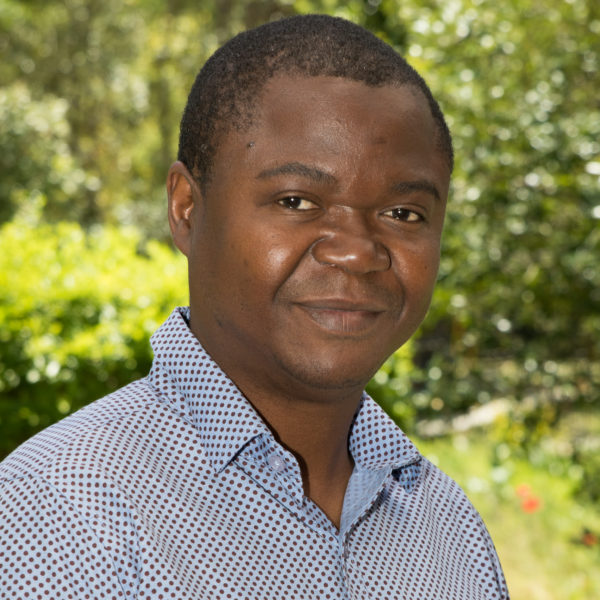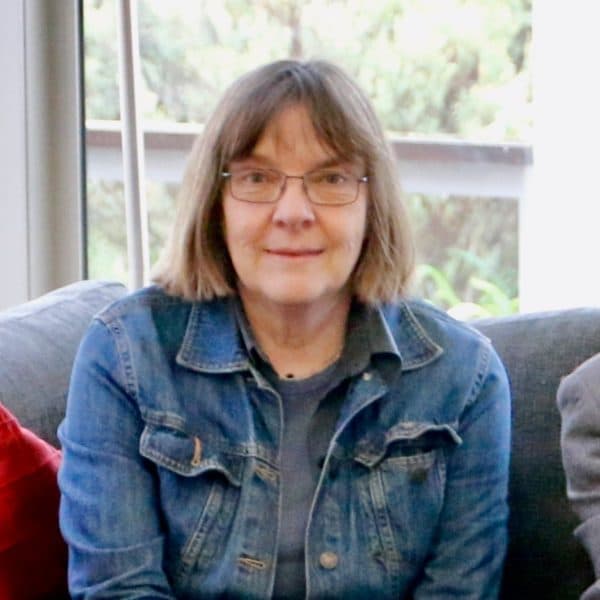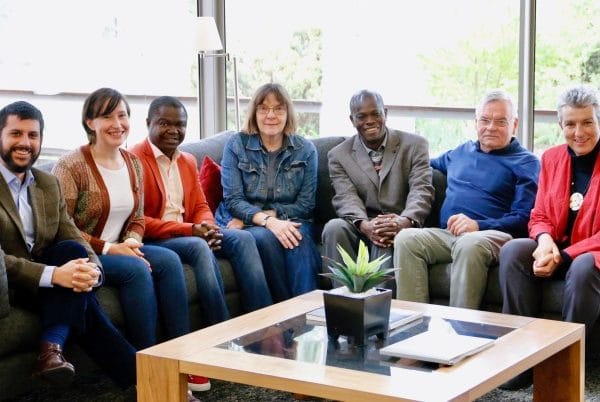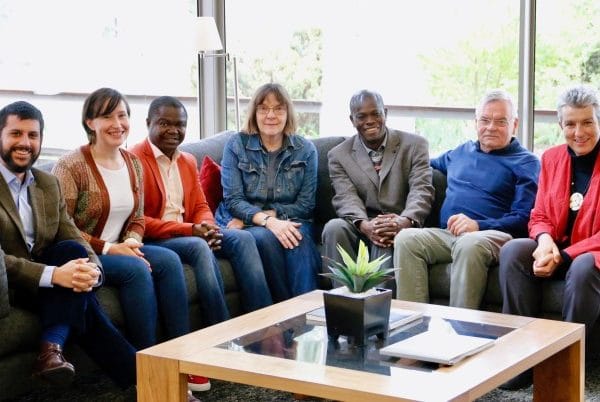Comparative perspectives from the global south can tell us much about the meteoric rise of the new middle class in Africa. They suggest that we should be wary of purely quantitative/objective characterisations, taking subjective forms of identity more seriously. Paradoxically, while in EuroAmerica the old middle class is declining (Sassen 2014), in the global south its newer incarnation is on the rise. But to tell a good news story by including those earning $1 to $2 a day, as the World Bank does, can be misleading. Are these new categorisations motivated by the profits that arise from new forms of financial inclusion (Cheesman 2015)? Yes – the growth of this class owes itself, in some settings, to the extension of consumer credit to those formerly denied it, enabling new forms of consumption (De Oliveira 2012; James 2014; Yaccoub 2011). But it also arises from the redistributive initiatives of governments – through cash transfers, as in Brazil (Neri 2008), or through enlarging the civil service to include the previously disenfranchised, as in South Africa (Southall 2012). Factors of state and market interweave in complex ways to provide the very real underpinnings for this emerging social category.
It is true that social and cultural aspects of being middle class can either enable inclusion or pose limits to it. Being able to buy the same goods as people occupying a wealthier social bracket, if it fails to change the relative subjective perceptions of those people higher up the scale, does little to welcome the new consumer into that stratum. But upward mobility and inclusivity is experienced in vivid ways. There are claims, widespread in the global south, that “everyone is now middle class” (Phadi and Ceruti 2012). In India, many people by the end of the 1990s were calling themselves “middle people” (Dickey 2012, cited in Fuller and Narasimhan, 2014). This development was partly enabled – as in South Africa – by liberalization, but also encompassed a strong reliance on salaries rather than self-employment in business (Fuller and Narasimhan, 2014). Thus, economic advancement, income and property ownership give us only part of the picture – to question whether the newly upwardly mobile are too precarious to have a sustainable existence, and/or to assert – as in Brazil – that they are a class of ‘strugglers’ (Souza 2010) may miss the important social and political role they can play. This may be predicated on the confidence that comes with new patterns of aspiration, consumption, work and education (Mercer 2014). In South Africa, it was borrowing money that unleashed the inventively novel self-identification – and “transformative social potentials” (Nuttall 2004, Mbembe 2004) – of a new generation of consumers. These potentials in some instances also fuel a new generation of activists.
How does being or self-identifying as middle class affect ideas of citizenship, political affiliation, and new forms of associational life? How does the middle class differ from or intersect with national and transnational elites? How do material circumstances interact with 2 self-understandings and aspirations among middle classes in different settings? What are the dynamics of precarity and stability in particular contexts in the global south? And how can we analyse people’s own experiences of hope and disappointment, success and failure?







